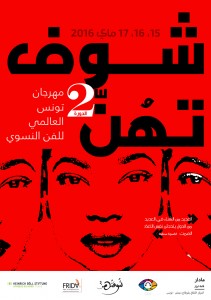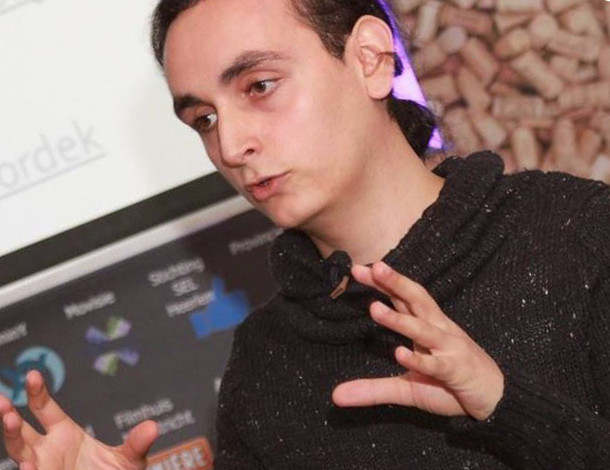We’re accepting submissions on a rolling basis.

What is #SexPleasureRights?
The #SexPleasureRights blog/arts series seeks to create a space for conversation, dialogue and curiosity on what it means to conceptualize sexual pleasure as an inherent and integral part of our personal and political advocacy across our diverse feminist movements for social, economic, gender, racial and ecological justice.
We invite submissions that reflect on and expand our own personal experiences with advocacy around sexuality, while trying to push the boundaries of our feminist discourses, practices and approaches to the issue of sexual pleasure.
We want to create a space to celebrate, with frank and candid openness, the rights to speak about our sexualities, and our experiences & desires for pleasure.
We are particularly interested in voices and ideas of young people (anywhere from age 13 – 35), with submissions from feminists/activists/organizers across the Global South welcome. No previous experience blogging, writing, filming necessary. Share your views!
What Questions will the Series Explore?
For this opening series we want to create the space for a diversity of conversations. Below are initial questions to get us started, and we encourage people to expand on them.
With an eye to personal lived realities: We want to bring out personal stories, about how we were raised, what role models we had, where we learned what we did, when we began to rebel, what moved us to strive towards sexual pleasure as an integral part of who we are and the change we want to see.
With an eye to cultural pasts and presents: What words do we have for all the different aspects of sexuality, eroticism and pleasure? How does language impact our conceptions of what pleasure is, and who has the right to pleasure? What historical and contemporary literature, films, architecture, and other art forms in our countries, cultures and languages have positively expressed our rights to sexual pleasure? What creative works celebrating women’s sexuality & pleasure; lesbian, bisexual and queer sexuality & pleasure; and third gender, intersex and trans* sexuality & pleasure have moved you? What’s the story behind that?
With an eye to advocacy and community organizing: How can we not simply pay lip service to sexual pleasure in our sexual rights discourses (i.e. tacking it on under health), but really work to embody the core principles of consent, respect, autonomy, self-expression, voice and choice in our advocacy and actions? What do these principles mean in practice?
How do we encourage deep engagement with consent, as central to our movement building? How does the right to sexual pleasure intersect with other rights? How can we deepen a sexual rights approach to our movements for economic, environmental, migrant, disability and racial justice? What other lessons can we learn from the right to sexual pleasure that will strengthen our collective struggles for solidarity and self-determination?
What does it mean for us to be responsible for our own sexual pleasure? What support do we need to ensure children, adolescents and young adults grow up with empowering conceptions and practices around sexuality and sexual pleasure?
How can we move our conceptions of sexual pleasure as a right forward in a way that ensures individual autonomy, dignity and integrity? What roles does the state play in upholding sexual pleasure as a right? Should the state play any role at all?
With an eye to feminist futures: What radically transformative imaginings and understandings of sexuality, eroticism and pleasure do you have to share? (Creative fictions pieces are also welcome!) What visions, conceptions and understandings of sexual pleasure are still missing in our homes, our circles of friends, our communities and across our movements? How can we work to promote new understandings, to stop marginalizing peoples, voices and experiences, when it comes to celebrating sexuality and the right to pleasure? How can we increase this solidarity?
What do I submit?
Submissions should be in English (or with English subtitles/voiceovers/written description); can be written, visual, or audio; in any creative form (such as comic strip, visual art, poetry etc.), and adhere to the general guidelines below:
Written submissions:
Poetry / Blogs Post, Op-Eds, Short Essays (400–1200 words) / Short Fiction (max. 2200 words)
- Format: .doc
- Accessibly written
Audio Submissions:
Interviews / Soundscapes / Recorded Spoken Word / Short Stories (up to 3 minutes) / Original Musical Compositions (up to 8 minutes) / Etc.
- Format: .mp3
- Quality: 192 or 256 kpbs
- Short description of the piece
- Statement of usage rights
- For file sizes above 3MB, submit via a Wetransfer link: https://www.wetransfer.com/
Visual Submissions:
Images: Photos / Graphic Essays / Posters / Collage / Comics / etc.
- Format: high resolution .jpg, .jpeg
- A short narrative description of the piece
- Statement of usage rights
- For file sizes above 3MB, submit via a Wetransfer link: https://www.wetransfer.com/
Videos:
- Format: .mp4
- Resolution: 720p/1080p
- A short narrative description of the piece
- Statement of usage rights
- Submit via a Wetransfer link: https://www.wetransfer.com/
Accompanying Biographies: All submissions should contain a short biography (150 words) about the author. Confidentiality and privacy is an important concern of ours – we encourage people to submit taking all privacy measures necessary. Pseudonyms welcome. We will not publish any personal details without full and written consent of the authors.
* * * Submissions accepted on an ongoing basis * * *
Send your submissions by email to csbrblogs@gmail.com, with the title “Call for Blogs: Sexual Pleasure, Sexual Rights” in the subject line.
___________________________
CSBR welcomes all submissions that meet the above guidelines, but may not be able to publish all submissions that we receive. In selecting pieces for the series, our focus will be on publishing submissions that reflect views, experiences and topics that are less discussed, publicized and circulated in mainstream and social media. We also maintain the right to edit written and audio submissions for purposes of clarity, and will liaise with contributors when this is needed.
Questions?
Write to us at csbrblogs@gmail.com with any questions. We look forward to hearing from you!

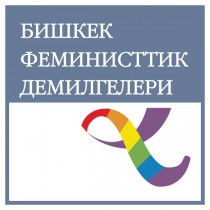




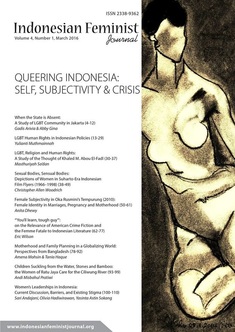

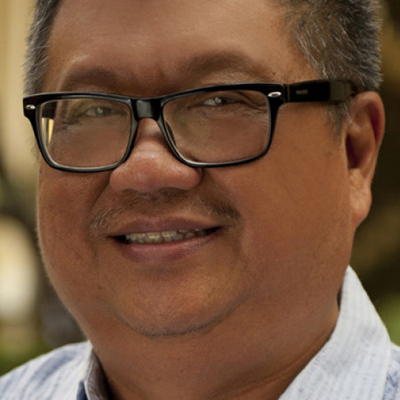


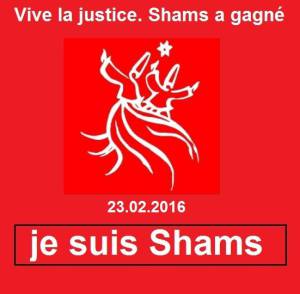 against a government order that it suspend operations.
against a government order that it suspend operations.